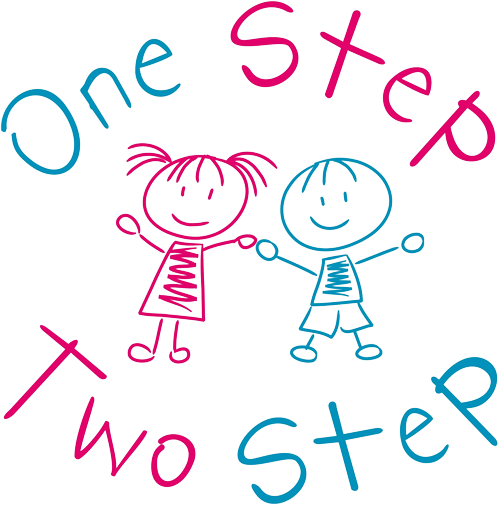As occupational therapists we talk about occupations as being all the activities we want to do, have to do and need to do as a person! Sleep is one of the most important occupations all people have to participate in. Not only is it an important occupation, but it is also an occupation that we have to participate in daily and is critical of our optimal health. But what can cause difficulties with sleep and what can we do if we or our children are experiencing these difficulties?
Before we get into our helpful tips of sleep let us first understand a bit more about “what is sleep”.
Within a sleep cycle there are 4 sleep stages to reach R.E.M sleep (rapid eye movement). The stages are:
Stage 1
Falling asleep/ light sleep
Stage 2
Heart rate slows and body temperature drops
Stage 3 and 4
Deep sleep, muscles and tissues repair
R.E.M.
Body is paralysed and dreams begin
It is researched that 44-83% of children with autism spectrum disorder (ASD) have sleep problems and approximately 15% of sleeping time is R.E.M. compared to neurotypical children who regularly experience R.E.M. sleep time of approximately 25%.
Difficulties with sleep can negatively impact childhood development in a number of ways including:
- Poor focus
- Behaviour problems
- Increased food intake
- Trouble concentrating and paying attention
- More frequent negative emotions
- Poor academic performance in school
- Increased frequency of illness
Have you heard of circadian rhythm? No; the circadian rhythm, or circadian cycle, is a natural, internal process that regulates the sleep–wake cycle and repeats roughly every 24 hours. Sleep problems in children with ASD may occur due to circadian rhythm dysfunction which is further linked to interoception!
5 tips to re-establish circadian rhythm:
- Consistent bed time / wake time
- Exposure to sunlight 10 mins after waking
- Avoid over-head lighting once the sun has set
- Minimise screen time before bed
- Ensure daily exercise in your routine
Now that we understand more about the stages of sleep and re-establishing circadian rhythm what are some other considerations to think about if our children are experiencing sleep difficulties? For our sleep considerations we have separated into 3 categories; person, environmental and occupation:
Person
- Social stories about sleep and dreams
- Parent lying down with child and transitioning out of room
- Sensory stimulation (white noise, soft blanket, comfy clothes, compression or massage, dim lighting, essential oils)
- Limit fluid intake appropriately and ensure adequate foods
- Rewards to help motivate sleep
Environment
- Remove clutter from room
- Ensure optimal temperature for sleep (20-22 degrees celsius recommended)
- Ensure bedroom is for sleep and quiet play only
Occupation
- Ensure adequate exercise throughout the day
- Limit screen time in the afternoon
- Keep bedtime routine consistent – consult with an OT to establish a calming routine before bed
When a child goes to bed, they should not be expected to fall asleep immediately. Allow a child to have down time such as a bedtime story or quiet play before bed. Then ’tuck’ them in and say your goodnights.
If you need assistance with sleep or have any questions get in touch with us today to connect with one of our expert Occupational Therapists!
